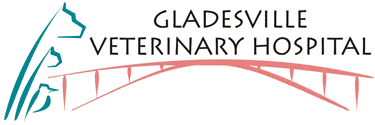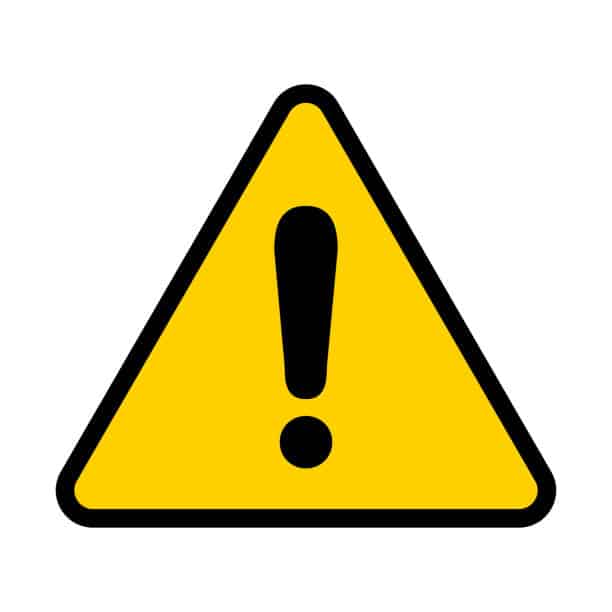Most of us tend to feed our pet bunnies incorrectly with too much grain and too many treats. These diets contain too much starch and too much protein. We describe rabbits as herbivores which indeed they are but even more correctly they are “leafivores” or “foliagivores”.
In summary, RABBITS EAT GRASS. They need lots of fibre! Like horses and koalas, they have a large caecum where their food undergoes fermentative digestion producing volatile fatty acids. Digestible fibre is the primary source of energy here. Indigestible fibre has no nutrient value but is essential in promoting good gut motility, stimulating appetite and caecotroph ingestion (caecotrophs are soft faeces that rabbits pass, usually at night and which they ingest …. Yes, that’s right, they eat their poo! This is essential to help digestion). The hard pellets that we see in the day time are not eaten.
Many commercial rabbit feeds are formulated for farm & lab rabbits with the emphasis on growth instead of longevity. They are not suitable for pet rabbits. Carers are often advised to provide a diet of ‘grain mix’, lucerne hay, pellets – these are inappropriate foods for pet rabbits. Many pellet mixes in Australia are in clear plastic bags listed as “Rabbit food” but without ingredient information or nutritional analysis listed. These will be too starchy with high carbohydrates and fats; too high protein and inadequate fibre.
It is reasonable to avoid any rabbit mix and most pelleted foods for this reason. There are some good brands are from USA such as Alfalfa King and Oxbow.
What to feed pet rabbits?
Keep it simple. Offer hay and fresh vegies and ideally free access to grass. The next best alternative to fresh grass is dry grass (ie hay) and supplement this with fresh leafy green vegies.
Hay should be ‘grass’ type hay and NOT leguminous (such as lucerne /alfalfa or clover). Legumes contain high calcium and protein which can be detrimental to rabbits in mid-long term.
What is a suitable hay for rabbits?
Grass hays in Australia are pasture hay, paddock hay, meadow hay, oaten hay, cereal hay, ryegrass hay, timothy hay. Straw is not generally considered nutritional but can contribute to the non-digestible fibre component in diet and acts as good bedding. Hay alone can lack some important nutrients. To counteract this offer fresh green vegies and herbs daily.
Suitable vegies and herbs:
Broccoli, cabbage, celery, endive, beet/carrot leaves, brussel sprouts, spinach leaves, bok choy and other Asian greens, chicory, kale, mustard greens, dark-leafed lettuce varieties and herbs (parsley, dandelion, coriander, basil, dill, mint, etc)
Myth: “lettuce gives rabbits diarrhoea”. This is not really true. Large amounts of lettuce may change the gastrointestinal physiology so that caecotrophs remain uneaten which may give false impression that the ‘normal’ softer uneaten caecotrophs are diarrhoea.
How much?
At least 2 packed cups of fresh greens per kg per day (or 250gm fresh greens per kg per day)
Treats?
Can be offered in ‘treat quantities’ which equates to a maximum of 1-2 tablespoons per rabbit per day.
Examples include most fruits, root vegies (carrot, sweet potato), capsicum.
Note the carrot is considered a treat – it is the sweet energy-rich food where the plant stores its energy – better to feed the leaves as staple diet. Avoid offering commercial treat foods which may be laden with sugars, fats, etc.
No-no’s.
Simple carbohydrates, protein rich and high fat foods are all to be avoided.
Foods NOT to feed to rabbits include:
Cereals, grains, nuts, seeds, corn, beans, peas, breads, biscuits, sweets, sugar, breakfast cereals, chocolate
Summary of staple diet:
- Ad lib good quality grass hay AND fresh leafy green vegies and herbs daily (250gm/kg daily) of at least 3 different varieties
- Treats – maximum of 1-2 tablespoons per day
- Avoid rabbit mixes and pellet foods
You can find further information on rabbits and exotic pets at:
‘Rabbits for Dummies’ is also a good reference book for bunny carers.








